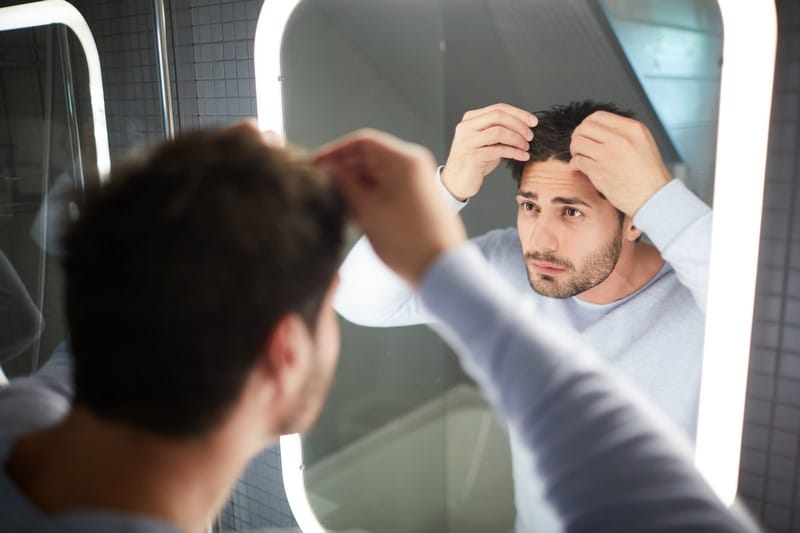Zinc is one of the many trace elements the body requires to function properly. Although the body needs only small amounts of the mineral, it plays a huge factor in creating DNA, cell growth, protein building, healing damaged tissues, and supporting a healthy immune system. In addition, zinc is necessary during periods of rapid growth, especially during childhood, adolescence, and pregnancy.
The daily recommended intake for adults ranges from 8 to 12 mg, with an upper threshold of 40 mg for adult males and females. People can get zinc from poultry, beef, pork, and seafood. They can also consume whole grains, nuts, seeds, and fortified cereals to get enough zinc.
Zinc deficiency is considered a rare condition and is commonly seen in people who don’t absorb zinc properly due to various digestive disorders such as irritable bowel syndrome or those who underwent gastrointestinal surgeries. In addition, people with prolonged diarrhea, chronic kidney or liver disease, vegans, and pregnant are highly susceptible to contracting zinc deficiency.
Zinc deficiency is treatable, but it will take about 12 weeks of consistent dosing of supplements and other medications to see results. People who require long-term zinc supplementation must take at least 2 mg of copper daily.
Here are some symptoms of zinc deficiency people must know.
Hair Loss

Zinc is essential for building new cells, regulating hormones, and absorbing nutrients. Therefore, a deficiency and an excess of zinc in the body can cause hair loss because the body needs a perfect balance of zinc to work properly. One theory of why zinc deficiency causes baldness is that there are changes in the protein structure of hair follicles. This makes the follicles susceptible to weakening of their structural integrity. As a result, hair becomes more prone to falling off quicker than it should.
Another thing that health experts look at about hair loss is the role of zinc in DNA and RNA production. Human hair contains DNA, which consists of the building blocks for building hair and is responsible for its appearance, texture, and other similar characteristics. If there’s zinc deficiency in the body, the hair DNA cannot replicate properly, which leads to dull, thinning hair that’s highly susceptible to falling out.
People with zinc deficiency can supplement their intake using pills or topical applications. In addition, eating more seafood, poultry, beef, and pork can help with zinc. Still, only about 30 percent is absorbed by the body, so individuals with a particular deficiency must take supplements.










